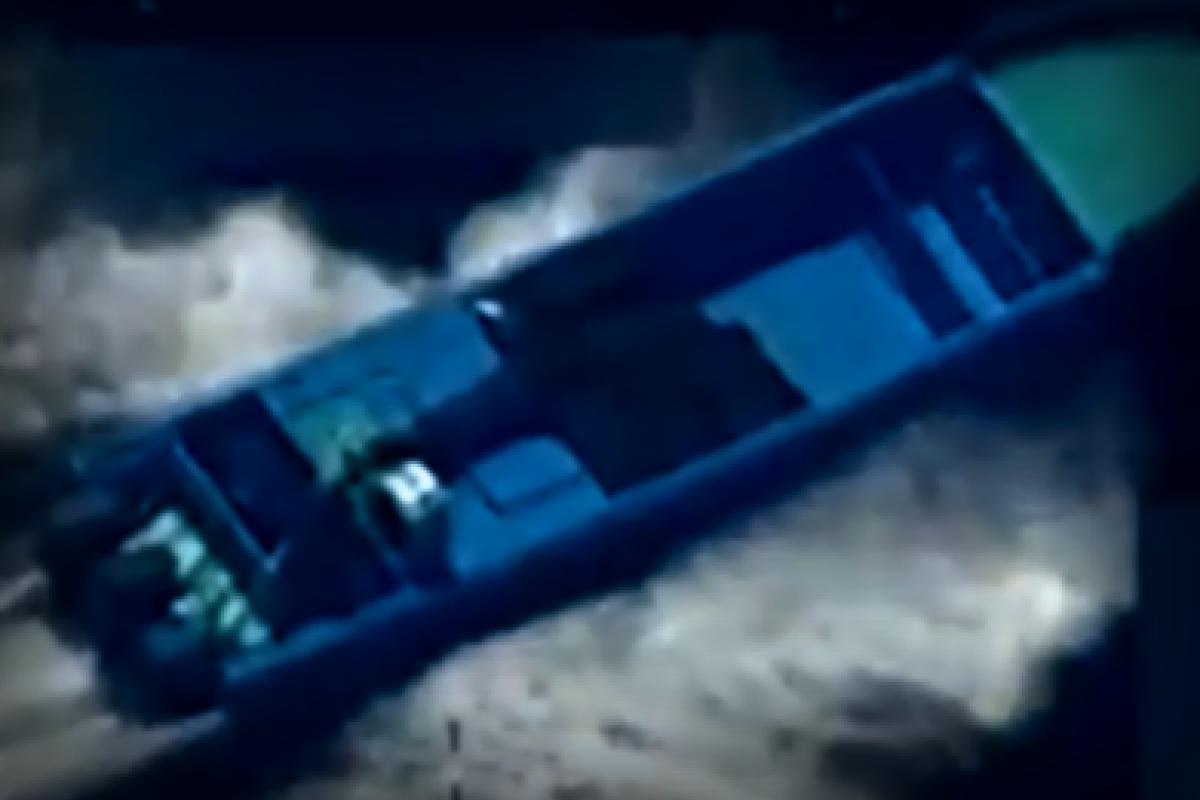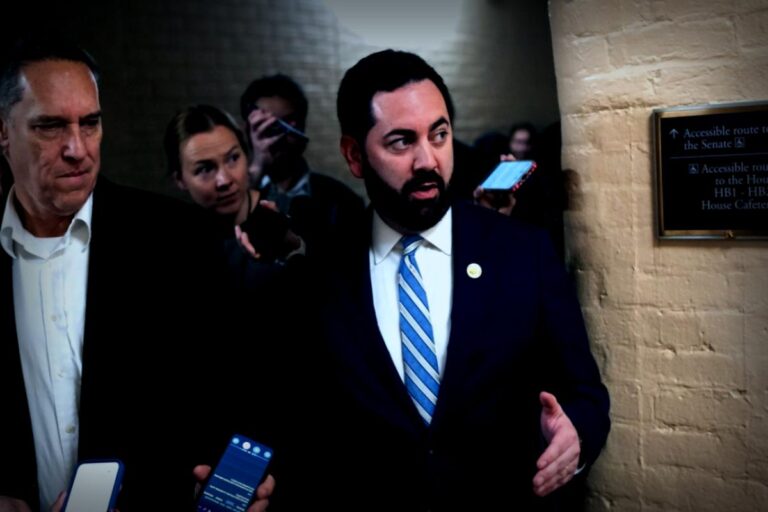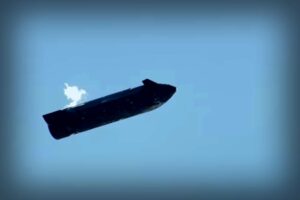The U.S. military recently launched attacks on two suspect drug boats in the Pacific region of Latin America over a two-day period, leading to the deaths of five individuals, as confirmed by Secretary of Defense Pete Hegseth.
Since last month, this administration has executed a total of nine confirmed strikes targeting alleged drug trafficking operations, resulting in at least 37 casualties. Initially, the operations were focused in the Caribbean Sea, but have now expanded to the Eastern Pacific, signaling a broader strategy.
The first attack occurred on Tuesday and resulted in the death of two people; it was confirmed that the boat was positioned in international waters near Colombia. The subsequent strike happened on Wednesday and claimed three more lives.
According to a pair of similarposts on X from Wednesday where Hegseth announced these strikes, he labeled the boats as being run by a “Designated Terrorist Organization” actively engaged in narcotics transportation along recognized trafficking routes. However, he refrained from naming the group allegedly behind these operations.
He also reported that there were no U.S. personnel injured in these operations.
Hegseth showcased videos of the strikes, illustrating how the boats were moving before being attacked and consumed by flames. In the video from the Wednesday strike, it’s noted that several bags or parcels can be seen floating in the water post-attack.
During discussion on “Face the Nation with Margaret Brennan,” Democratic Senator Mark Kelly from Arizona expressed concerns, stating, “We aim to keep fentanyl out of the United States, but routes through the Caribbean primarily transport cocaine to Europe, not to the U.S.,” mentioning that fentanyl typically comes through different channels.
The Pentagon has yet to address inquiries concerning the nationalities of the individuals involved in Tuesday’s vessel incident.
Additionally, Senator Kelly remarked on “Face the Nation” regarding his experience attending a briefing for Congress about these strikes, revealing that administration officials struggled to clarify the justification and legal framework for these actions. He noted a reference to a confidential list of over 20 narcotics organizations that was not disclosed to lawmakers.
The Trump administration has informed Congress of a “non-international armed conflict” policy regarding drug cartels, emphasizing the assertion that drugs brought by these groups result in tens of thousands of American fatalities annually, which they consider equivalent to an “armed attack.”
Last week, two men survived another U.S. attack on a suspected drug-trafficking submarine vessel in the Caribbean and were subsequently repatriated, one hailing from Ecuador and the other from Colombia. Ecuador’s authorities released the individual, Andres Fernando Tufiñio, determined that he was innocent of wrongdoing. The Colombian man, however, remains hospitalized after returning, according to the Interior Minister Armando Benedetti, who stated that he arrived critically injured and required ventilatory support.
Underneath it all, the Dominican Republic has granted the U.S. military access to its airfields to facilitate counternarcotics operations, as per information shared by two American officials under anonymity while discussing delicate military matters. Cooperation between the U.S. and the Dominican Republic in combative measures against drug trafficking and organized crime has a long-standing history dating back to the mid-1980s.



















